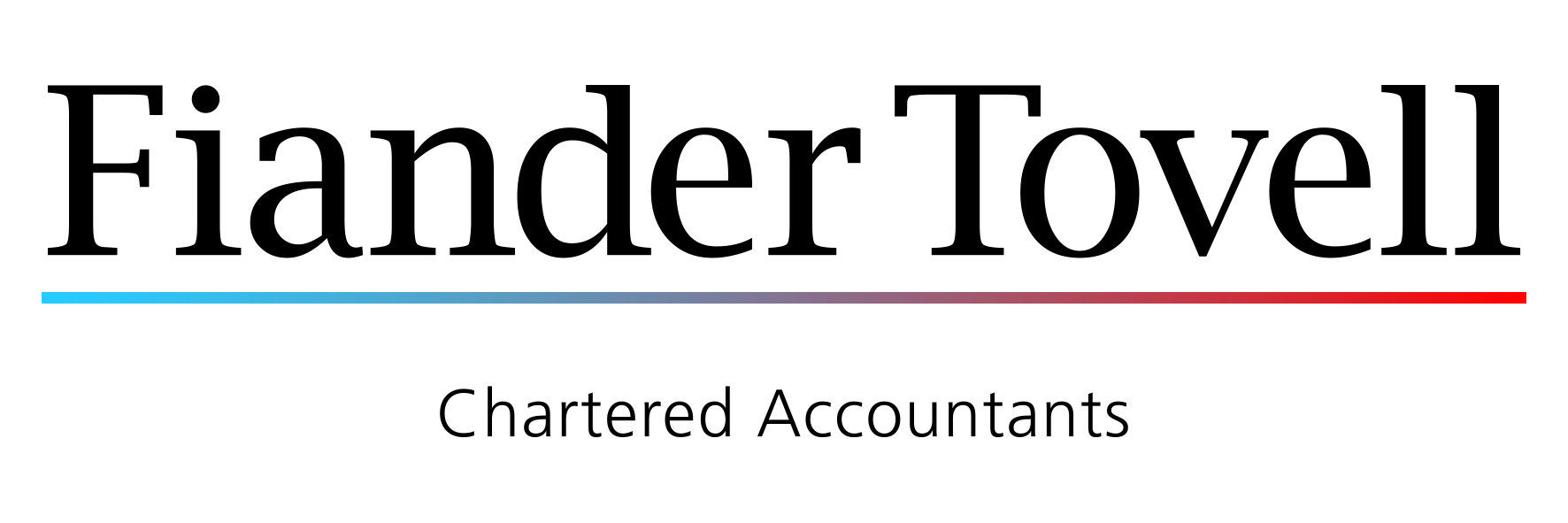Cash flow and profit; two concepts that may at first seem interchangeable, before realising that they are each distinct metrics of success. Understanding their differences is crucial for establishing financial mastery and we can’t stress their importance enough.
At Fiander Tovell, our bookkeeping services help you to visualise your business’ cash flow and profits, using each to identify how your business is performing. So, what exactly are the differences?
Cash Flow
As suggested by its name, cash flow encompasses the flow of money in and out of your business within a defined timeframe. It comprises three primary categories: operating, investing, and financing.
Operating cash flow represents funds directly linked to the production and sale of goods or services during regular business activities. These numbers gauge whether your business generates sufficient income to meet financial obligations and cover typical operating costs.
Investing cash flow is the amount of money spent or generated from investment-related opportunities. Often, companies will see negative cash flow within investments, however this isn’t necessarily an issue considering they are for future gains. An example of this would be research and development (R&D).
Financing cash flow reflects the net movement of cash allocated for both business operations and capital. Unlike operating cash flow, financing encompasses all transactions such as debt issuance, equity, and dividend payments. This metric aids investors in assessing a company’s financial health and managerial effectiveness from a financial perspective.
Overall, understanding your cash flow is crucial to the success of your company. A healthy cash flow means you can cover all your costs without straining your budget, as well as providing you with the flexibility to branch out for new ventures.
Profit
Profit represents the financial gain a business achieves after subtracting all expenses from its revenue. There are three key types of profit: gross profit, operating profit, and net profit. Understanding these types is essential for assessing business profitability and overall health.
Gross profit is the initial indicator of profitability, calculated by deducting the cost of goods sold from the sales figure.
Operating profit delves deeper into profitability by subtracting operational costs like rent, utilities, and employee wages from the sales figure.
Net profit, also known as the bottom line, is the ultimate figure obtained after deducting all expenses, including interest and taxes, from sales revenue. It provides a comprehensive view of the business’s true profitability.
Understanding these profit levels is crucial for obtaining an accurate assessment of your business’s financial health. While a healthy gross profit may indicate success, accounting for operational and net costs reveals the true profitability of your business.
Key Differences
Cash flow pertains to the inflow and outflow of money within a designated period for your business. On the other hand, profit is what remains from your revenue after subtracting various costs such as operational expenses and taxes.
A common mistake we see from businesses is the perception that profit is the main indicator as to how their business is doing. We don’t want to burst your bubble, but large profits do not necessarily equate to a strong business. While profits certainly showcase short-term success, cash flow can provide a comprehensive view of how well your business is doing.
For example, your business can be profitable but have a poor cash flow. Insufficient cash flow can hinder your ability to fulfil essential payments required for producing goods, such as paying suppliers and staff. Even if your business is profitable and your product is in demand, inadequate cash flow may lead to operational stalling.
On the other hand, a good cash flow with poor profits may indicate that your business isn’t sustainable in the long run. This may make you consider other profitable avenues to seek, such as a more cost-effective way to produce your product.
Our advice
At Fiander Tovell, we outsource our bookkeeping services to help companies maintain a healthy cash flow. This is done remotely through our online accounting and data capture software to keep your company on track. Our specialists provide expert and efficient services, thereby adding substantial value to your business. Moreover, entrusting your bookkeeping to external experts significantly mitigates compliance risks.
You can find out more about our outsourced bookkeeping services here. Alternatively, please get in touch with our Commercial Client Director, Fabrice Legris at fabricelegris@fiandertovell.co.uk.

